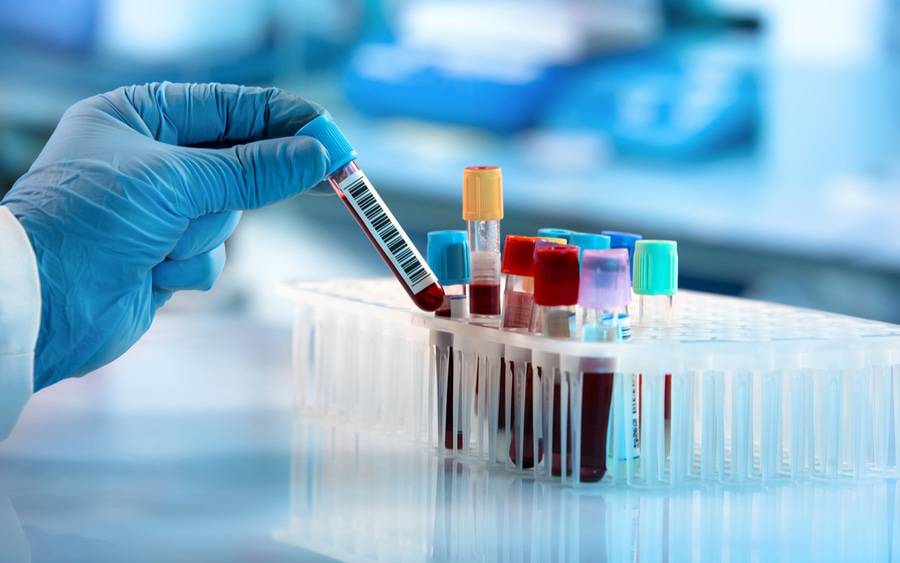
A comprehensive NHS trial, according to researchers, shows great potential for a blood test for more than 50 different types of cancer. Two out of every three malignancies were effectively detected by the test in 5,000 people in England and Wales who had visited their doctor but had unresolved symptoms. In 85% of the confirmed instances, it also revealed the primary site of the malignancy. The Galleri test looks for particular changes in the genetic code that are leaked from various cancers. The ability to cure cancer early can save lives.
The test is still a “work in progress,” but it might boost the number of malignancies discovered
The Oxford University experts said the test is still a “work in progress,” but it might boost the number of malignancies discovered. Patients frequently experience symptoms, such as weight loss, for which there are several likely causes and that necessitate numerous tests and hospital visits. In the largest experiment of its kind in individuals with suspected cancer symptoms, more than 350 participants were eventually determined to have cancer by the use of routine techniques like scans and biopsies. The blood test resulted in a positive result in almost 75% of people, who were later diagnosed with cancer. 2.5% of those who tested negative for cancer later had it.
Although not accurate enough to “rule in or rule out cancer”, it was really useful for patients lead researcher Prof Mark Middleton told BBC. “The test was 85 percent accurate in detecting the source of cancer – and that can be really helpful because so many times it is not immediately obvious when you have got the patient in front of you what test is needed to see whether their symptoms are down to cancer,” he said.” With that prediction from the test, we can decide whether to order a scope or a scan and make sure we are giving the right test the first time,” he added.
The results will be presented in Chicago at the American Society of Clinical Oncology’s annual meeting. The Galleri test, created by the Californian business Grail, has also been put to the test by the NHS on hundreds of patients with no symptoms to see if it can find hidden tumors. If successful, the NHS in England plans to expand the deployment to one million more patients in 2024 and 2025 after the release of the initial findings, which are due next year. The test is particularly good at finding tumors that are hard to find, like bowel, lung, throat, head and neck, and pancreatic and biliary tract malignancies.
“This study is the first step in testing a new way to identify cancer as quickly as possible, being pioneered by the NHS – earlier detection of cancer is vital and this test could help us to catch more cancers at an earlier stage and help save thousands of lives,” NHS national director for cancer professor Peter Johnson told BBC.






